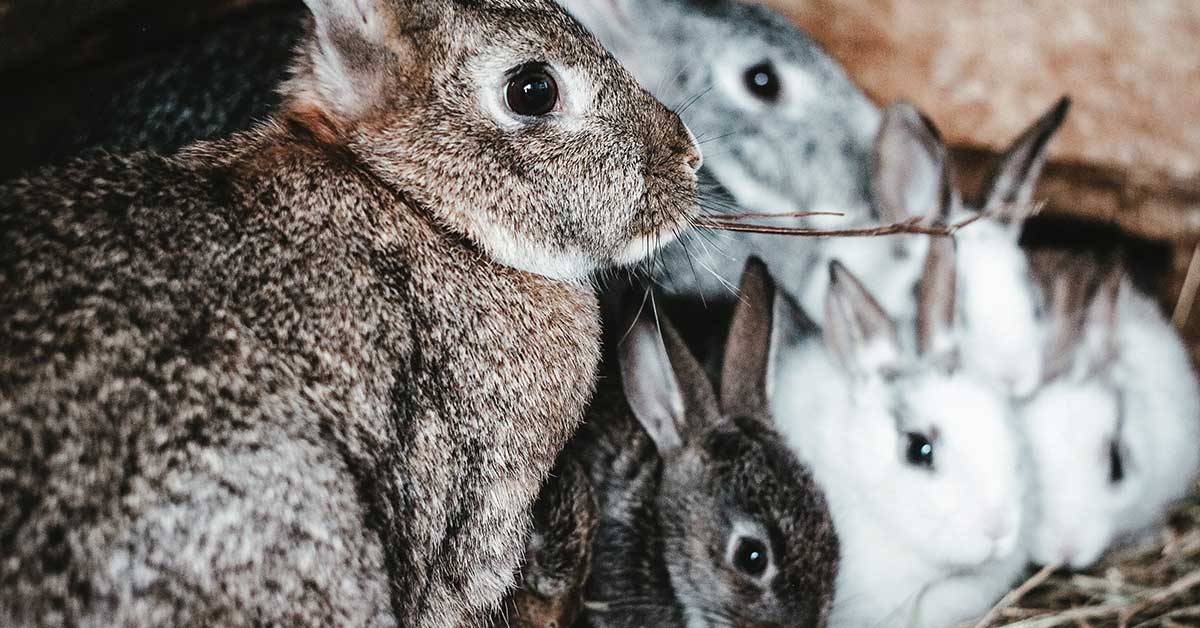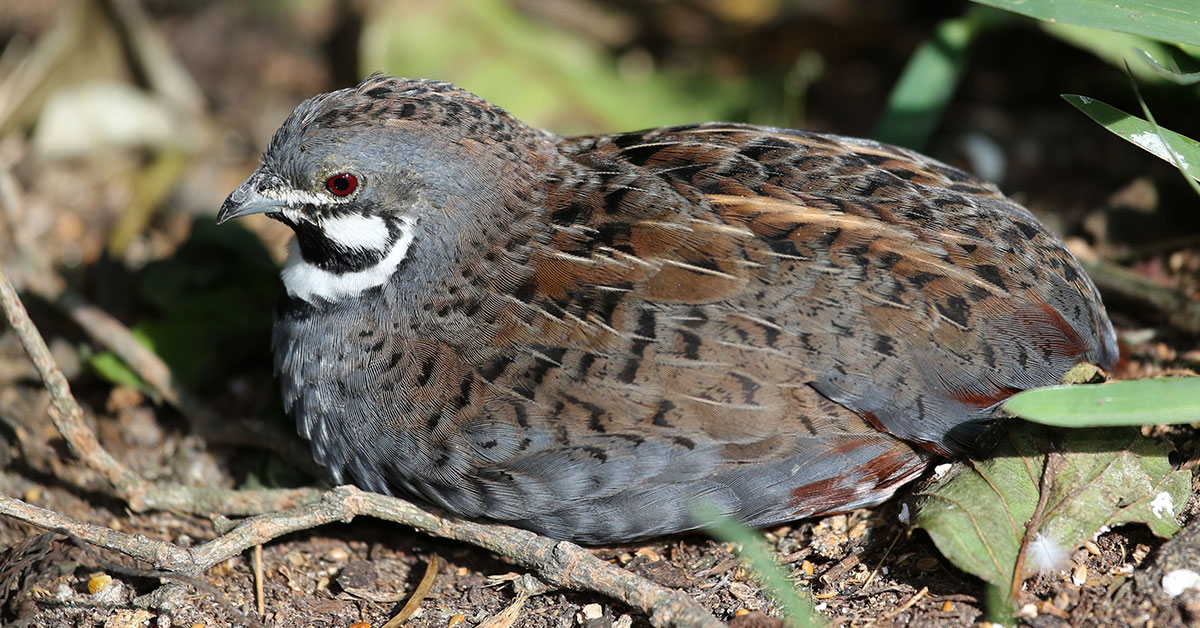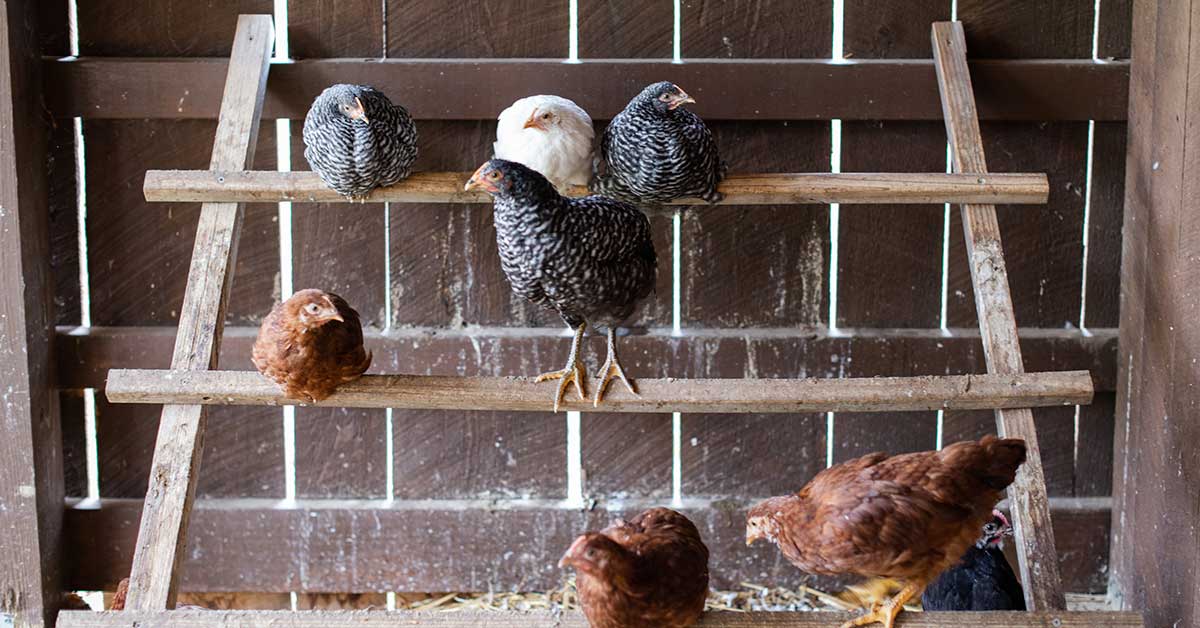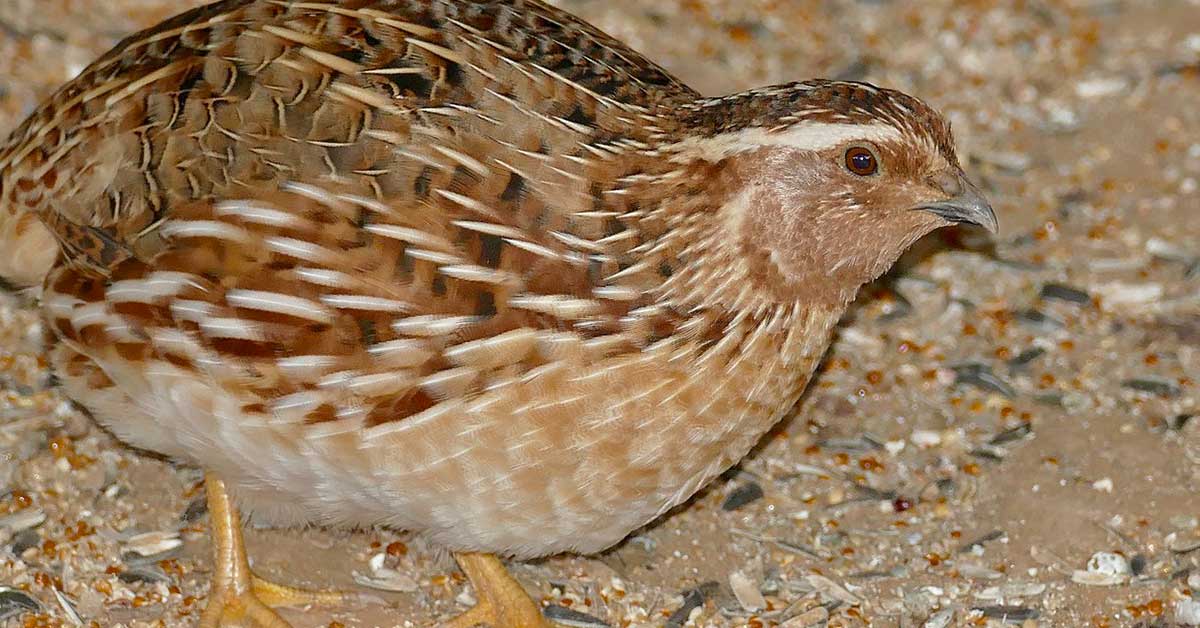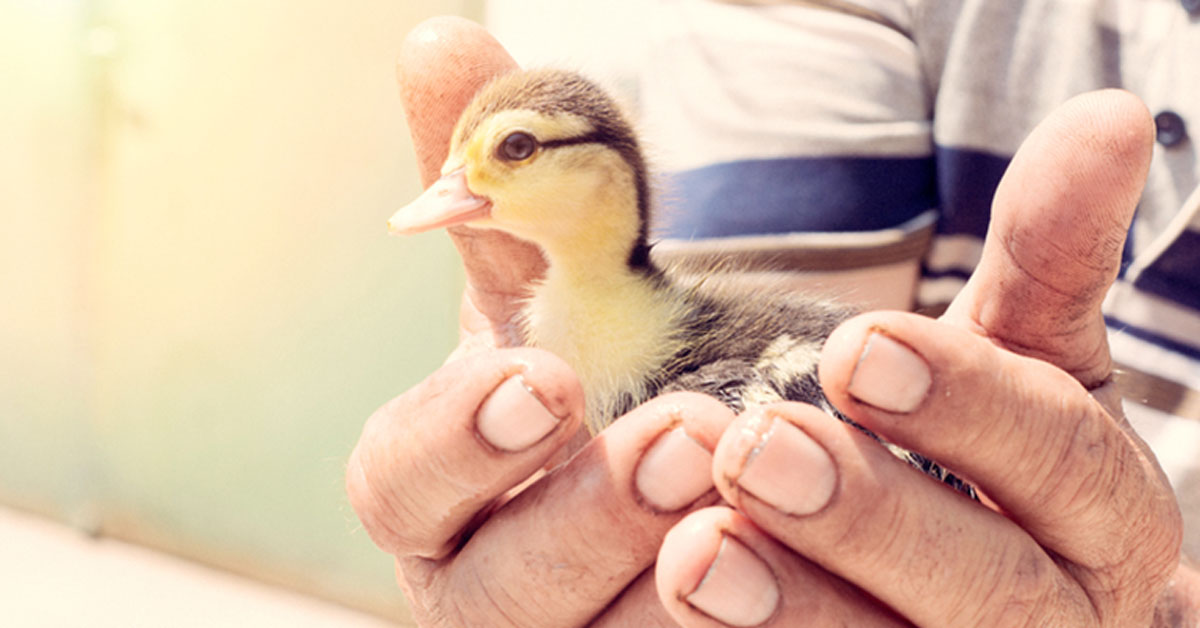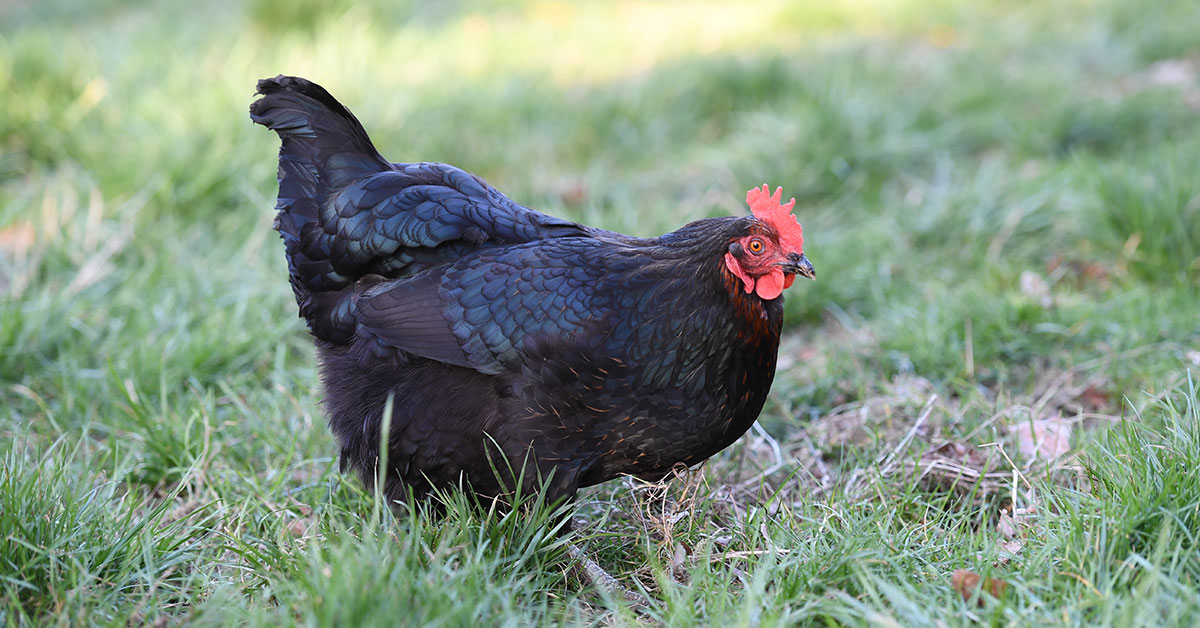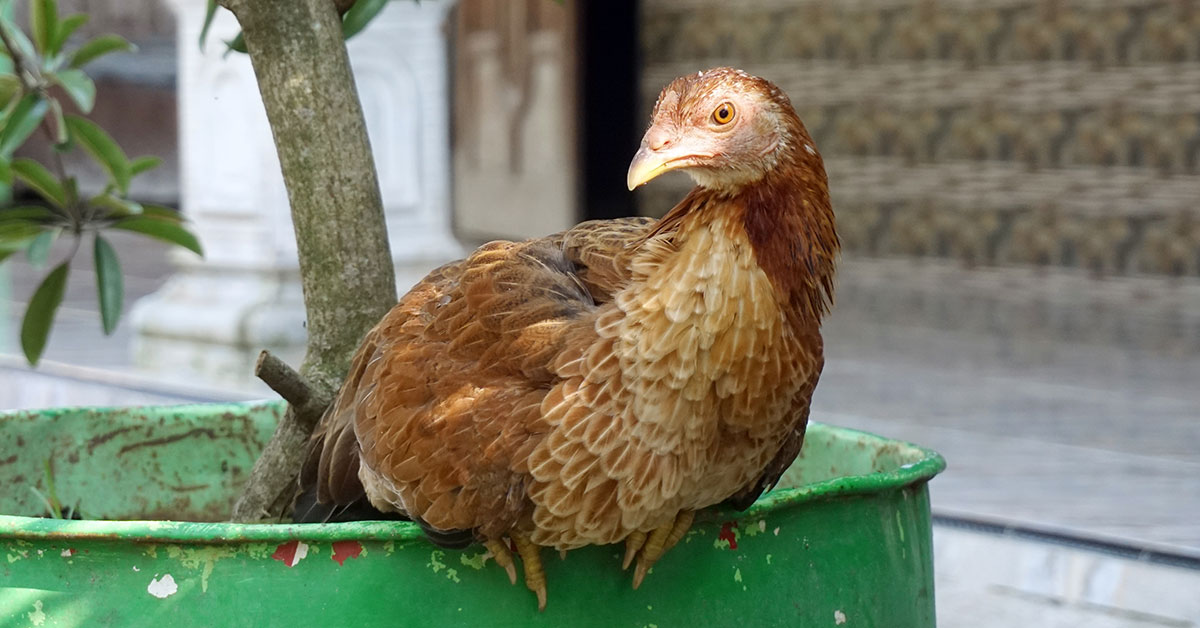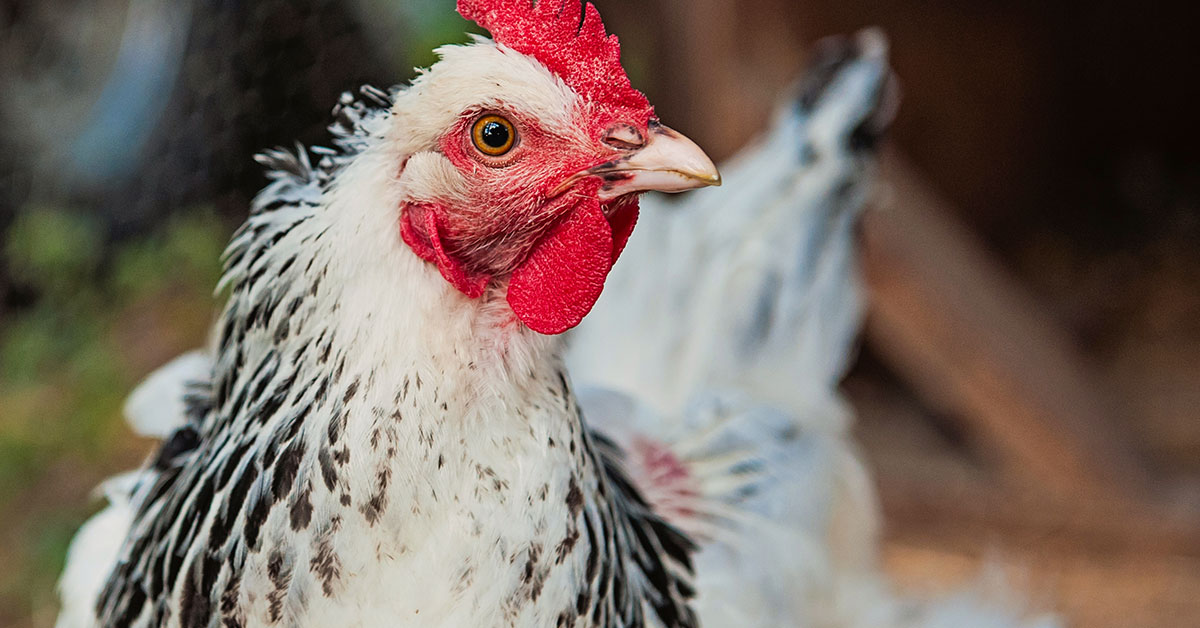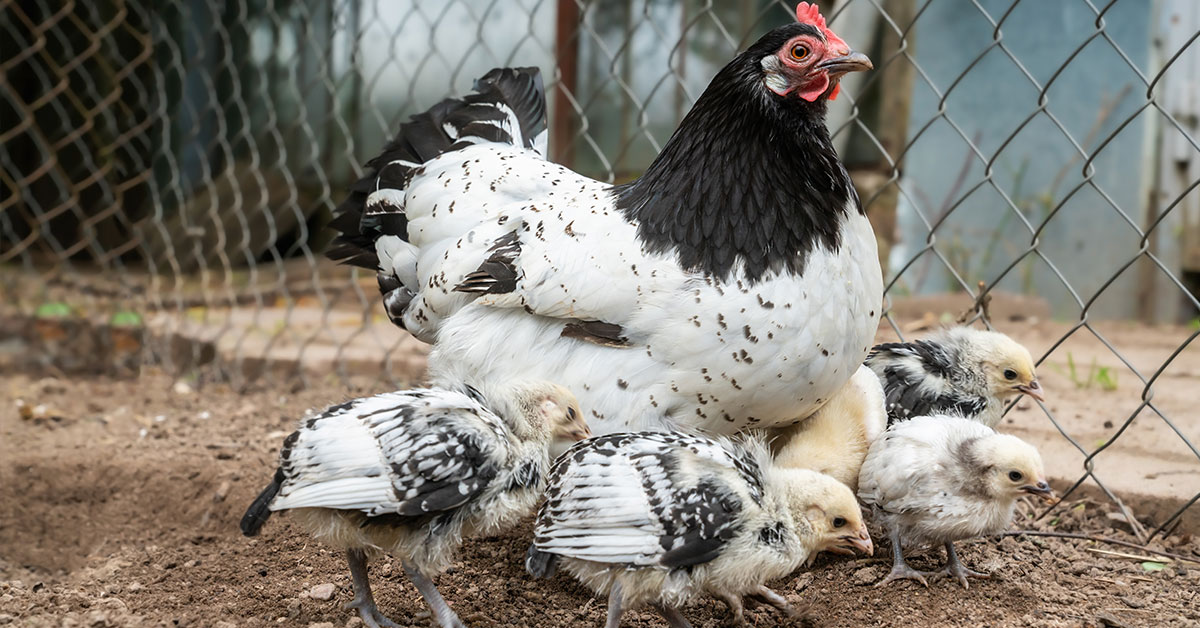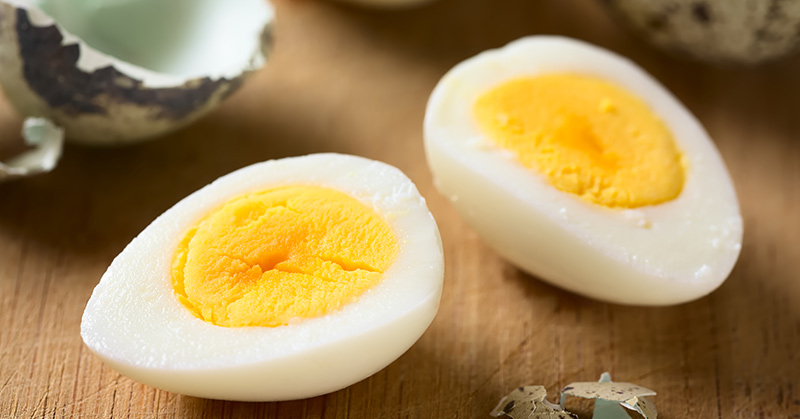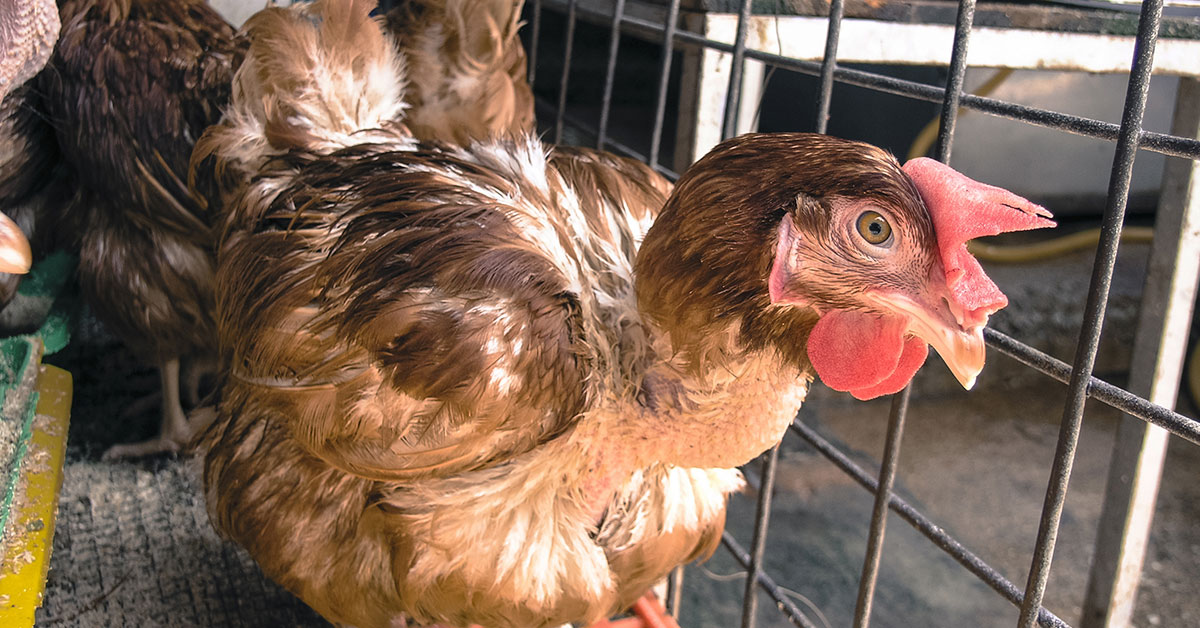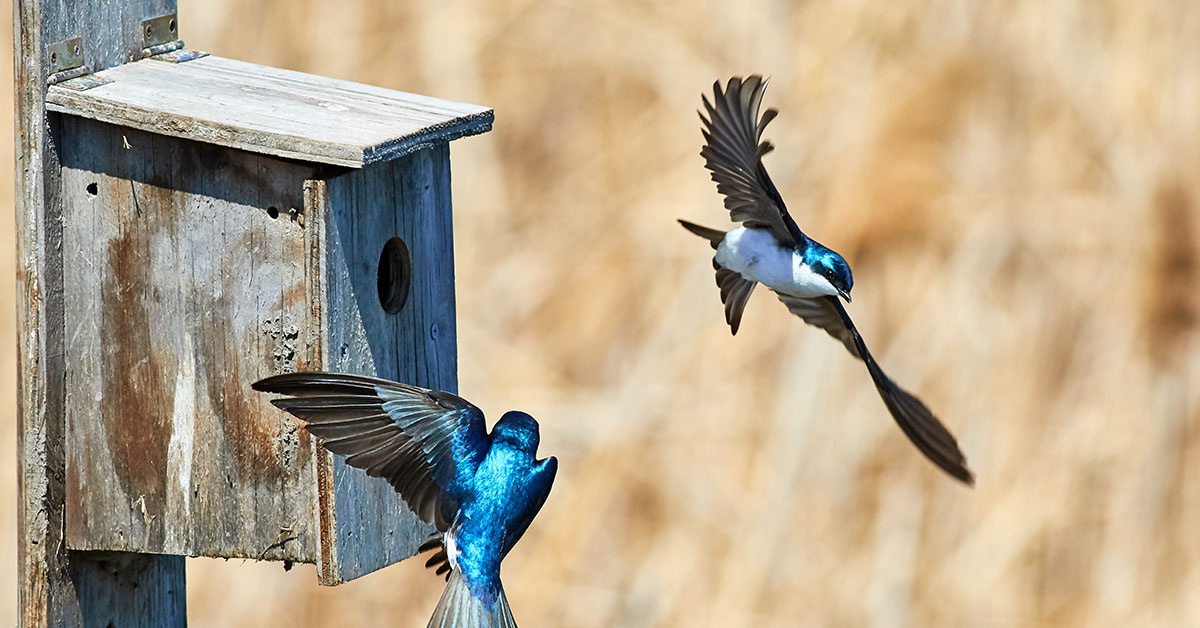Rabbits are a big part of my homestead – I keep rabbits for their ability to graze down grass and weeds and provide an endless supply of usable manure for the garden. I like having them as pets too. If you’re thinking about breeding your rabbit or already have a pregnant rabbit in your care, you probably have many questions. That’s not a bad thing! I also had a ton of questions when I first started breeding rabbits. With that in mind, I wanted to talk through a lot of the most common questions I had when I got started and hear from readers today.
The big thing to remember is that rabbits are capable mothers, especially if they’re a little bit older or have had a litter before. Nine times out of ten, you just have to let nature take its course. The mother knows exactly what to do. But at least having answers to your most pressing pregnant rabbit questions can bring you peace of mind as a pet owner. Before we dig in, let’s talk terminology just so we’re on the same page:
| Term | Definition |
| Doe | A female rabbit |
| Buck | A male rabbit |
| Kindle | When a rabbit gives birth |
| Kit | A baby rabbit |
At what age can rabbits become pregnant?
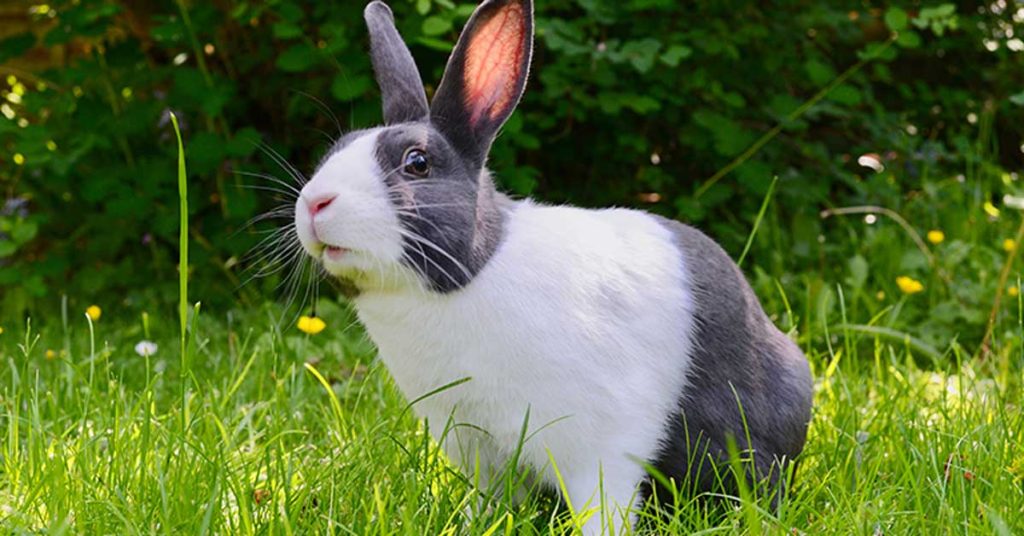
A rabbit is old enough to become pregnant at approximately 12 weeks old. Prior to this age, you may notice baby rabbits mounting one another, similar to rabbit mating. This is normal rabbit behavior that won’t cause pregnancy in rabbits under 12 weeks old. This mounting behavior is usually a sign of dominance – your baby bunnies are showing each other who the boss is. This behavior rarely results in injury.
If you have rabbits that have just crossed that 12-week mark, I don’t advise rushing into trying to breed them. Young rabbits sometimes have difficulty getting pregnant, having healthy pregnancies, or properly caring for their young. My advice is always to wait until the rabbits are 6 months old before attempting to breed them. By that age, they have fully matured and breed more readily.
What to feed a pregnant rabbit
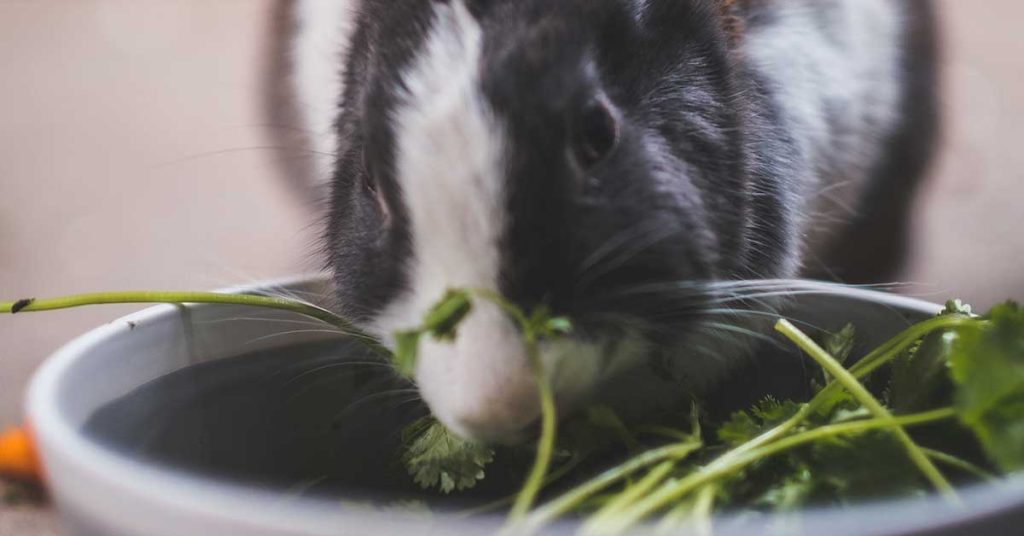
When you have a pregnant rabbit on your hands, you may think you need to suddenly start pampering her and feeding her all the most delicious foods, but this isn’t always a good idea, especially if you’re feeding a good diet of mostly timothy hay, a limited amount of pellets, and some treats, like leafy greens. You don’t want to shock the system of your newly pregnant rabbit by providing a bunch of unusual foods!
That said, she’ll soon be eating for 4, 7, or maybe even 15! You will likely notice your rabbit going through her food a little bit faster than usual. Keep an eye on her food and make sure that she never runs out. Running out of food while pregnant will put a great deal of stress on your doe’s body and potentially threatens the lives of the developing babies. Keep your doe fed and happy!
How long will my rabbit be pregnant?
Rabbits gestate for 30-32 days, but that is in no way a hard and fast rule for a pregnant rabbit. Your doe will give birth when she’s good and ready. Breeders for smaller breeds of rabbit say that the babies are kindled (born) closer to day 30 than 32, while larger breeds kindle on or after day 32. I normally raise Californian rabbits, Rex rabbits, and New Zealand rabbits, which are on the bigger side, and I find that they tend to wait until about day 32 to give birth. Your mileage may vary, though. I’ve read accounts of gestation lasting 36 days, but have not personally experienced that myself.
Many breeders confidently assert that your rabbit will kindle in the early hours of the morning, but based on my experience, this isn’t really accurate. This myth may have been started by breeders who often woke up to a litter of baby bunnies having been born overnight, but I’ve seen rabbits give birth at 11 am, 9 pm, or really any hour of the day.
How to tell if your rabbit is pregnant
It is notoriously difficult to tell if a rabbit is pregnant just by looking at or touching it. There are cues you can look for, but most of the behavioral indications of pregnancy happen at the very end of the gestation period. If you have a pregnant rabbit, you may notice a significant change in personality in any direction. For example, a shy rabbit may suddenly be very friendly, or a friendly rabbit may suddenly be aloof and distant.
You may also notice a change of interest in mating after being bred. Many rabbit breeders attempt to re-breed their rabbits the day after breeding to make extra sure that the doe has been successfully bred by the buck. A doe that was willing to breed one day and completely unwilling in the following days may be experiencing a hormonal shift that makes her disinterested in mating. But understand also that rabbits have their own free will and may not be interested in mating for other reasons. This is not a perfect way to tell if your rabbit is pregnant, but it is one possible indicator.
Another method some breeders use is palpating the pregnant rabbit’s stomach to feel the developing kits. This can be 14 days after the doe becomes pregnant. You want to press gently but firmly into the lower part of the doe’s abdomen between her hind legs. If you’re lucky and skilled, you will feel small, hard lumps in her stomach. Congratulations, she is very likely pregnant! This is an extremely difficult thing to do, I’ve never really mastered this skill myself, and I mostly don’t even try.
Toward the end of your rabbit’s pregnancy, beginning on around day 22, if you sit quietly and patiently and look at her stomach near her hind legs, you can see tiny little kicks! They are sharp and sudden little movements. Those are the kits moving around inside! Don’t confuse them with rhythmic, rolling movements. Those can be seen even in non-pregnant rabbits and is just the rolling of the rabbit’s digestive system.
Signs of labor in a pregnant rabbit
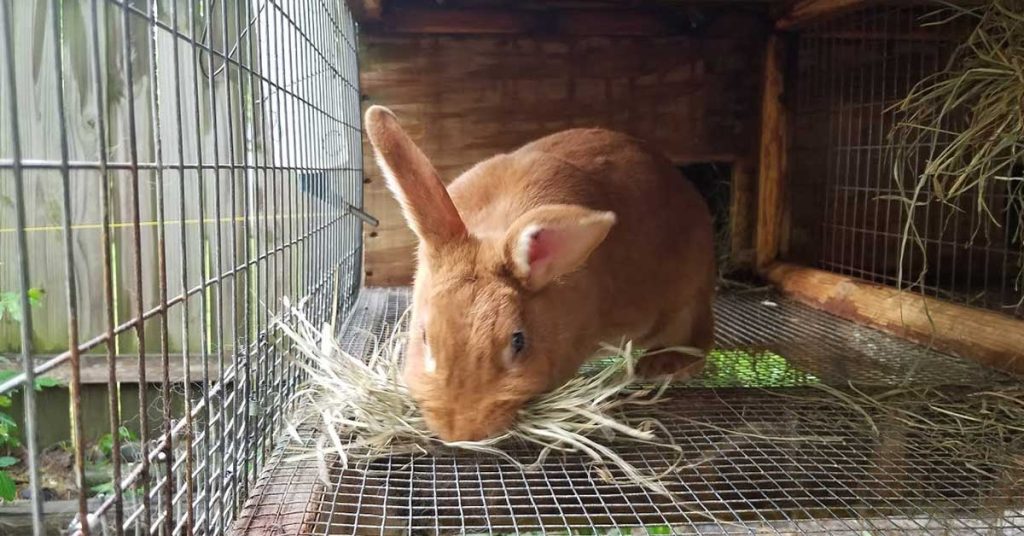
Every rabbit experiences labor in different ways. No two pregnancies are ever the same, though some does go through the same approximate process each time. When you think of labor in humans, the signs are pretty apparent! Rabbits experience much more subtle labor. The kindling of the babies takes only about 15 minutes. The quiet labor and quick birth is an evolutionary defense mechanism – rabbits are prey animals in the wild and are less likely to survive a lengthy, disabling labor, so they do it quickly and quietly. Leading up to the birth, you may see your rabbit spending more time in the nest box, breathing heavily, or abstaining from eating. She may also do none of these things. She may also breathe heavily and avoid eating if it’s really hot outside. It just depends on your doe.
There are some signs that your doe is close to kindling, though. By the 26th day of gestation, you should provide her with a nest box and fresh straw or bedding to nest in. If she’s used it as a bathroom, clean it out and try again. You should notice her begin to stash hay around her cage or in the nest box. She’ll gather up big bundles of hay that look like a giant rabbit mustache! This is a sign that we’re getting close.
The last thing my pregnant rabbits tend to do before giving birth is pulling fur. This can happen almost any time starting around the 28th day. Some does will wait until they are about ready to give birth, while others get a head start. In any case, if there is fur in the nest, babies could be coming any time.
What should you do after the babies are born?
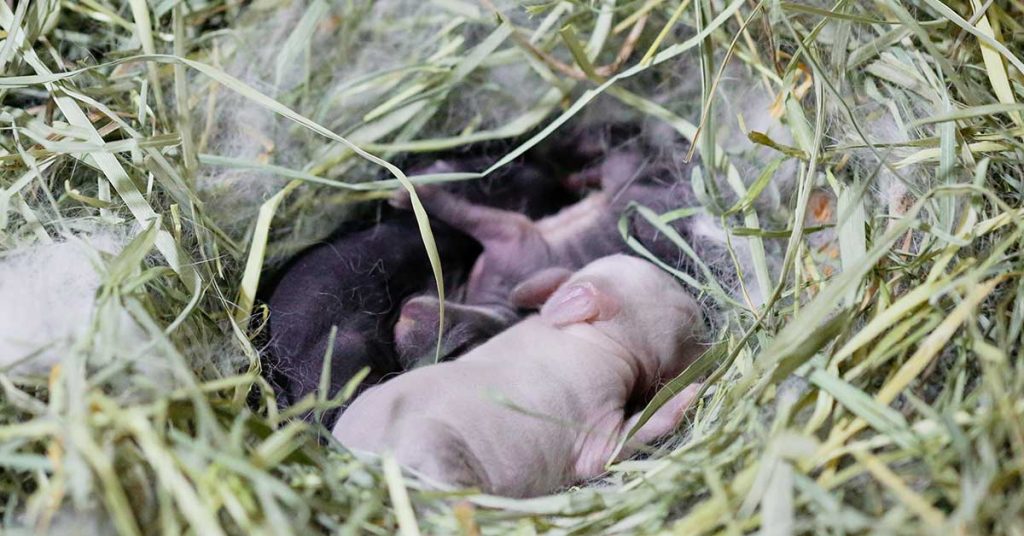
When the kits are kindled by the mother, you don’t need to do anything right away. The last thing you should do is immediately rush in and check the babies. Mom and babies both will be stressed by the birth. Within a few hours of the babies being born, you should check to make sure that the nest is clean and none of the babies have died. The mother will usually do this herself, going as far as eating any babies that didn’t make it. This is a defense mechanism, and if you see it happening, understand that she knows what she’s doing, even if it’s a little traumatic.
If your doe is a first-time mother, you want to make sure that your baby bunnies are being properly fed. They should have fat, round little stomachs that bulge outward. If their stomachs are flat and the skin appears wrinkled, it may mean that they aren’t eating or that the doe is having trouble feeding them.
My first-ever litter of baby bunnies had one kit that had difficulty eating. What I wound up doing was taking the mother and the kit out of the hutch and holding the mother in one arm while helping the kit find a nipple. This worked, and the kit was able to feed on her own after that. Had I not checked, though, that baby would have probably starved. These kinds of interventions can really help if a new mom or kit is having trouble.
Help! My rabbit didn’t give birth!
It really is a challenge to know when you have a pregnant rabbit, and with false pregnancy, sometimes your doe will fool you and herself into thinking she’s pregnant. She may nest and pull fur, but days and weeks go by without any babies to speak of. Why does this happen? Generally, there are a few reasons that a doe doesn’t become pregnant.
She’s too young: if you’re trying to breed rabbits that are closer to 3 months old than 6 months old, she may just be too young, or the buck may not have been able to properly mate with the doe. You really should not try to breed rabbits before they are 6 months old. In this case, it’s much better to be patient and wait for the rabbits to reach half a year old.
The babies died: rabbits give birth quickly, usually their kindling is over within about 15 minutes. If none of the babies survived the kindling process, the mother will typically eat the babies to remove them from the nest. This is done on instinct and is normal, though understandably traumatizing to witness and disappointing.
The doe was stressed: I have not encountered this particular issue personally, so take it with a grain of salt or read what others have said, but when a rabbit becomes stressed, it’s said that she can terminate gestation partway through and reabsorb the kits developing inside of her. It’s best to keep your doe in a nice, quiet, warm, and stable environment during her pregnancy.
She had a false pregnancy: rabbits can be a little bit tricky. Sometimes when they’re bred, even if they don’t become pregnant, many of their pregnancy hormones still increase which causes pregnant rabbit behavior, like nesting or fur pulling. If she’s nested but doesn’t give birth, or if she abruptly stops acting pregnant at any point in her pregnancy, she may have had a false pregnancy.
